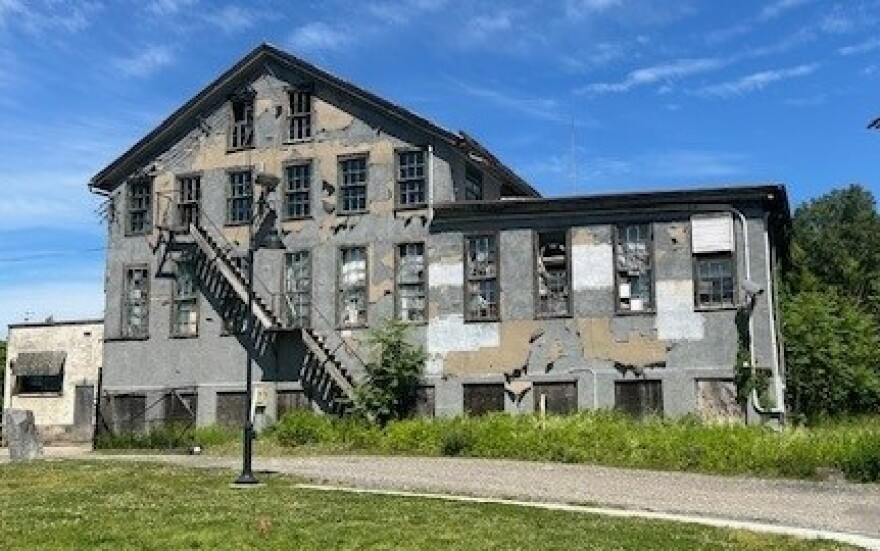A series of state grants have been awarded to cities across Connecticut to redevelop blighted properties.
The Connecticut Department of Economic and Community Development announced that 18 municipalities will receive funding through its Brownfield Remediation and Development program. The $20 million grant will be used on 21 blighted properties.
Gov. Ned Lamont said the funding will cover the cost of redeveloping contaminated land and vacant properties. He said the program is an opportunity to address housing needs.
“When it comes to development, I don't want to take peoples’ backyards or anything. I want to redevelop what we can right here, and that's what brownfield is all about,” Lamont said.
The properties consist of 150 acres of contaminated land or abandoned buildings. Lamont said the blighted properties have been vacant for years. The redevelopment would bring in new businesses and support the development of “badly needed” housing.
“For the first time in a long time, a lot of people want to move to the state of Connecticut, and the only thing that’s holding us back and what that means in terms of economic development and opportunity is housing,” Lamont said.
Department of Economic and Community Development Commissioner Daniel O’Keefe said the state plans to make impactful investments in communities, creating jobs and improving the lives of its residents.
“This latest round of brownfield investments is noteworthy for the high amount of private investment it is leveraging and for how it is helping to address one our state’s most pressing needs – increasing the supply of quality housing,” O’Keefe said.
Lamont said the program would also support economic growth through jobs. The state expects to leverage $530 million in private investments and convert 21 blighted properties into roughly 1,392 units of new housing.
“This series of state grants enables us to partner with developers who will take these zombie properties and bring them back from the dead, cleaning up contaminated land and bringing life back to these neighborhoods,” Lamont said.


